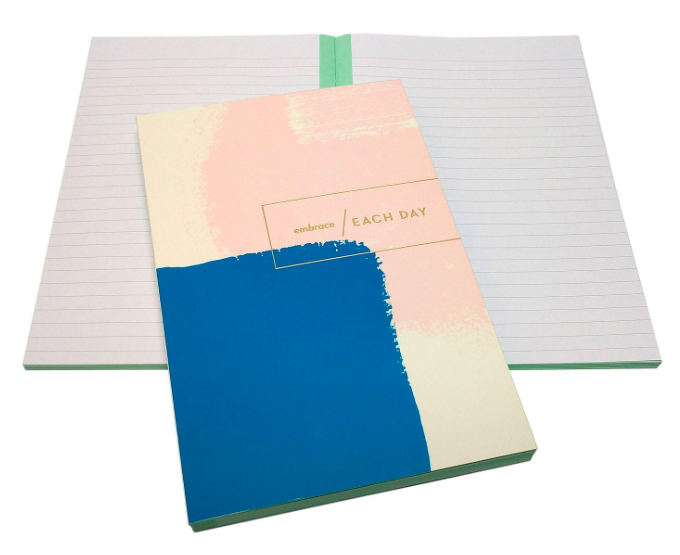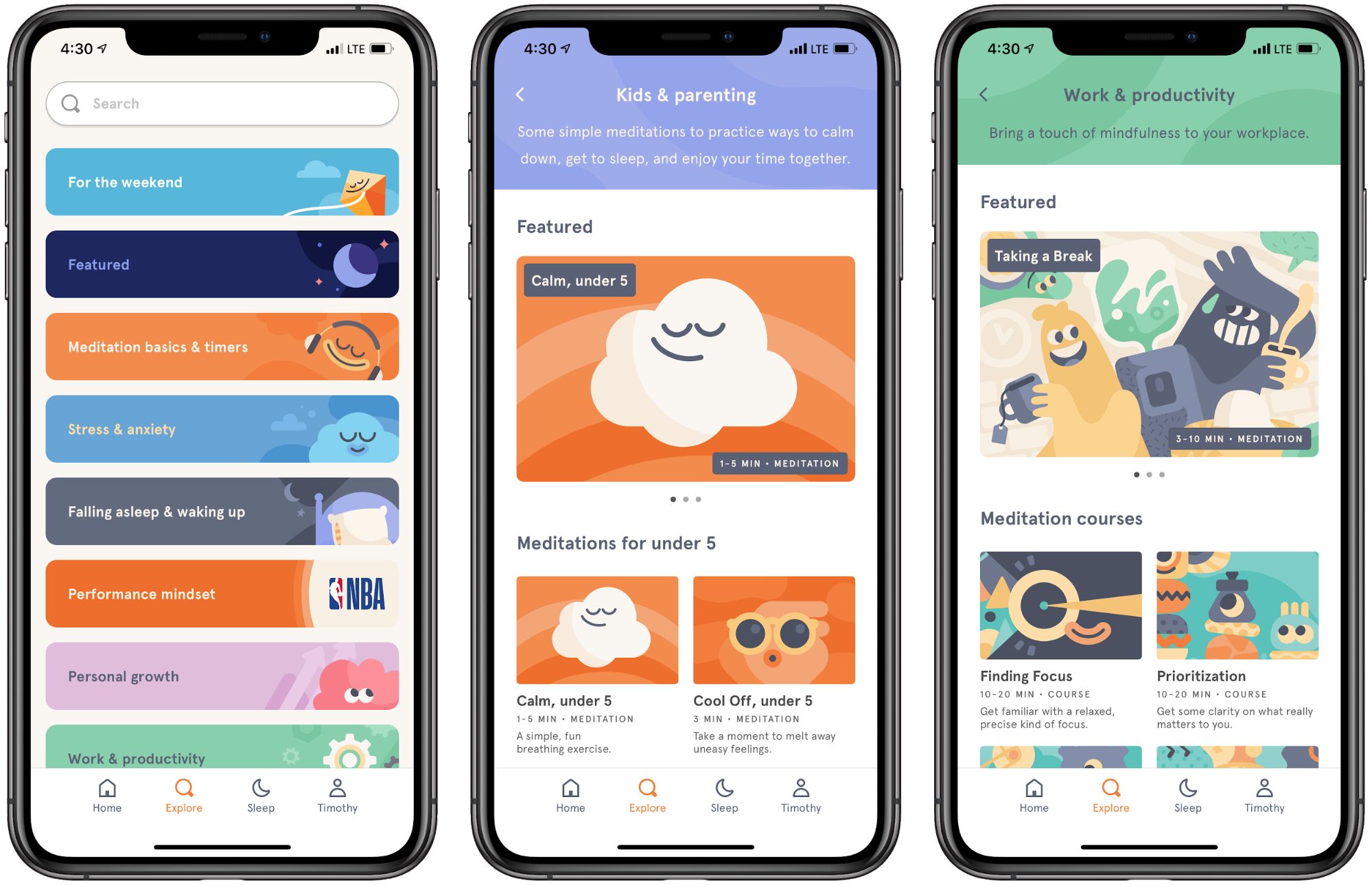College students are all too familiar with stress and all the struggles that come with it.
With demanding classes on top of all the headaches of trying to “adult,” techniques to manage stress have never been so important.
Here are four research-backed ways to prioritize health when the pressures of school become too much to bear.
1. Journaling
Research shows the effectiveness of journaling for health, happiness and stress management; make a pen and paper your best friends in times of high stress and anxiety. For immediate relief, free write your thoughts in a blank notebook. For long-term stress management, use a daily journal with specific prompts. Check out our recent article on journaling here!
Embrace Each Day Journal, $7.99

An empty journal provides the freedom to release worry, frustration and doubts. While journaling has no rules, try to write for 15 minutes. Express fears and concerns, challenge any negative thought patterns, and create a plan of action to attack a particular stressful situation.
The Five-Minute Journal, $24.99

This journal provides simple, effective prompts (backed by research in positive psychology) to increase positive thought patterns. The Five-Minute Journal is for everyday use — begin with an uplifting start to the morning, and end the night on a reflective note. Over time, this method can improve happiness!
2. Meditation
Want to relax the body and soothe the mind in under 10 minutes, all while sitting (or laying) down? Look no further than meditation.
Meditation clears the mind, bringing focus to the present moment and an awareness of tension held in the body. Long-term benefits can include reduced stress and anxiety, increased self-awareness and improved sleep. Check out these apps that help guide users through the meditation process.
For a simple but effective tool in times of trouble:

This meditation and mindfulness app helps users “find peace anywhere.” Stop, Breathe & Think allows users to check in on their physical state, mental state and emotions, and recommends short-guided meditation and breathing exercises tailored to the user’s needs. It’s great for beginners, and it’s free!

For when you want to get serious about meditation:

This app teaches users how to meditate, breathe and live mindfully. Headspace offers guided meditations for a range of categories, including the basics, managing stress and anxiety, work and productivity and getting a better night’s rest. It even includes “SOS sessions” to manage moments of intense panic or anxiety. Try it out for free for a two week trial, then pay $12 each month or $9.99 per year with their Student Plan.

3. Take a Walk
Taking a walk outside provides three key components to instantly soothe stress: physical activity, nature scenery and fresh air.
Physical activity not only pumps endorphins (feel-good neurotransmitters) that can improve mood, but exercise also provides a mental and physical break from the anxiety-inducing work you might be doing at a (likely) cluttered desk. Taking a moment outside to appreciate nature can refocus and calm the mind. Studies show that green space can improve mood, and videos of nature can speed up recovery from stress compared to videos of urban scenes. Additionally, simply getting a breath of fresh air can help get more oxygen to the brain, relieving stress.
4. Music
Music has long been used to relax and restore inner peace, but it’s time to step it up a notch with the songs that researchers say are truly shown to do so.
According to a 2011 study, neuroscientists in the United Kingdom have specified the top 10 most relaxing songs. The #1 song, “Weightless” by Marconi Union, produces a greater state of relaxation than any other song tested to date.
In fact, Marconi Union produced the song in collaboration with sound therapists, curating the tune to help slow a listener’s heart rate, reduce blood pressure and lower levels of the stress hormone cortisol.
Here’s the science-backed relaxation playlist:
These very different, yet effective ways to cope with stress can help you at your highest and lowest points of the semester. Just remember to take a deep breath and believe that you will be able to ease your mind and feel your best while hard at work with school and other involvements.





